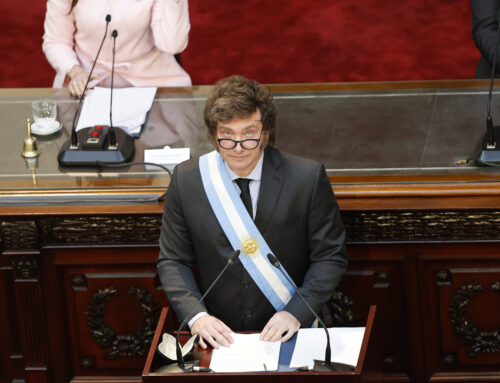Buenos Aires, Argentina – Poverty in Argentina experienced a significant decline, standing at 30.1% during the July-August 2025 bimester, according to estimates from the Universidad Torcuato Di Tella (UTDT). This reduction is attributed to the effects of President Javier Milei’s economic plan and marks a continuous downward trend throughout the year.
The UTDT report highlights that the main cause of this decrease is the strong growth in family income, which registered an impressive year-on-year increase of 70.2%. This increase far surpassed the 30.8% rise in the Total Basic Basket (CBT) in the Greater Buenos Aires (GBA) region, which translates into a real improvement in households’ purchasing power.
In addition to the reduction in poverty, the study also notes an improvement in indigence, which stood at 6.8% during the same period. This data is complemented by the recent news that August inflation was 1.9%, marking the fourth consecutive month with a rate below 2%, the longest period of its kind since 2017.
The combination of controlled inflation and an increase in real income is proving to be an effective strategy to alleviate the economic situation of Argentinians. These results not only reinforce the government’s narrative about the success of its plan but also offer tangible relief to a population that has struggled with high inflation for years.







Leave A Comment